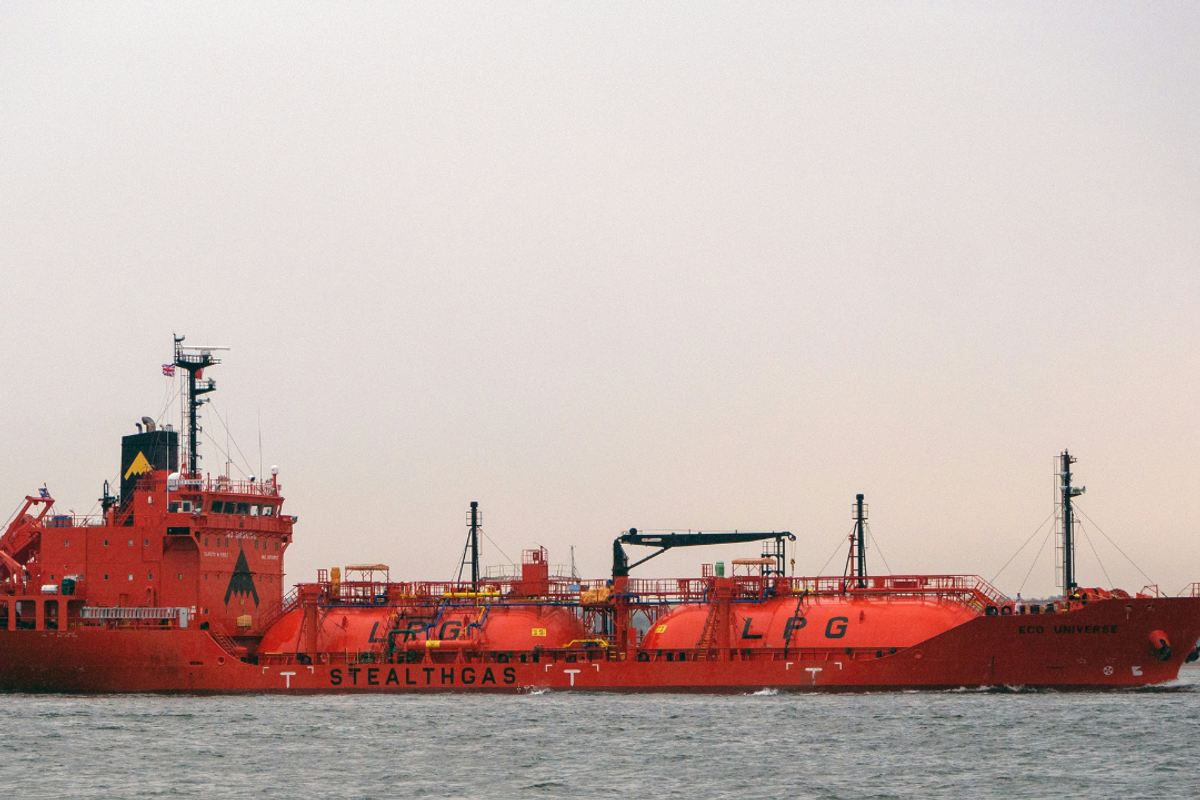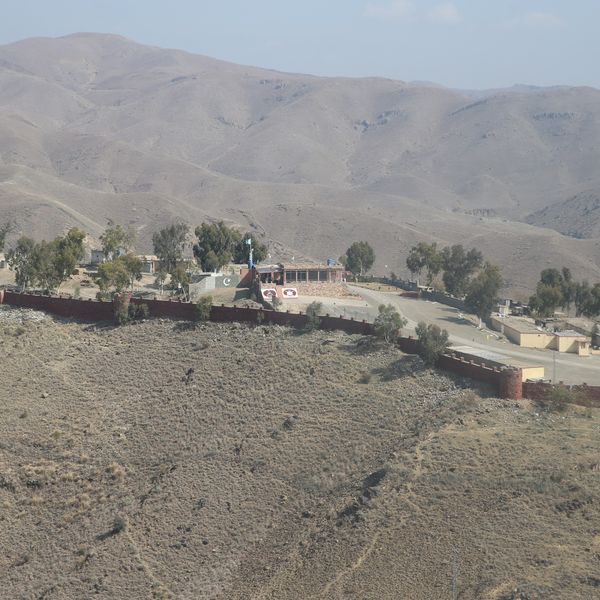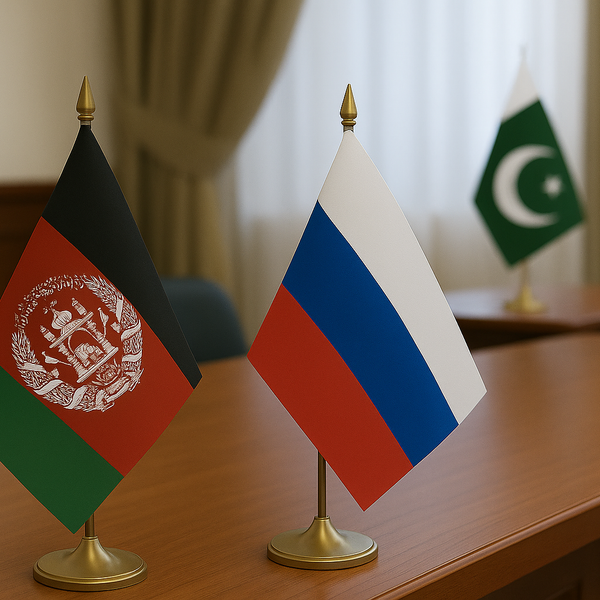Karachi Port Trust to set up LPG plant and storage facilities
Over 50% of Pakistan's LPG demand is met through imports by private and state-owned enterprises

Javed Mirza
Correspondent
Javed Iqbal Mirza is an experienced journalist with over a decade of expertise in business reporting, news analysis, and investigative journalism. His work spans breaking news, editorial pieces, and in-depth interviews.

Over 50% of Pakistan's LPG demand is met through imports by private and state-owned enterprises
Photo by HS Spender on Unpslash
In view of the increasing demand, Karachi Port Trust (KPT) will set up liquified petroleum gas (LPG) plant and storage facilities within the port premises.
For this, the KPT has issued an invitation for expressions of interest from interested parties to submit their proposals on a turnkey basis, with the land being provided by KPT.
Pakistan's annual demand for LPG is estimated at around 1.4 million tons. Of this, approximately 876,000 metric tons are produced locally, while the remainder is imported.
Although the demand for LPG is consistently rising, local production has remained stagnant. Consequently, any increase in local demand necessitates a corresponding increase in imports.
Moreover, LPG demand sees a significant rise during the winter months, increasing by around 25% due to its use as heating gas in Punjab, Khyber Pakhtunkhwa and Gilgit-Baltistan. During the summer months from March to September, imports typically decrease as the demand lowers.
Declining domestic natural gas production and the high costs associated with diverting LNG/RLNG to the domestic sector have necessitated a strategic focus on LPG as a viable energy alternative. Currently, over 50% of LPG demand is met through imports by private and state-owned enterprises (SOEs).
According to the Petroleum Institute of Pakistan, factors such as a growing population, increasing number of households, and greater urbanization are expected to drive higher LPG demand in the future.
Currently, of over 38 million households in Pakistan, only 25% have access to piped gas. Considering the affordability and the market size, the demand could potentially double to around 3.5 million tons per annum quickly.
The country has a well-established LPG infrastructure, comprising around 359 LPG storage and filling plants and three LPG terminals with a collective storage capacity of over 70,000 metric tons.
An industry analyst noted that as Pakistan faces challenges related to the declining production of natural gas, LPG is becoming an increasingly important component of the country's energy mix. The sector's growth, supported by a robust supply chain, extensive storage capacity, and adherence to safety and regulatory standards, positions LPG as a reliable alternative to meet the nation's energy needs.
However, ongoing efforts to improve safety awareness and compliance with industry standards will be crucial to ensuring the continued growth and safety of the LPG sector.










Comments
See what people are discussing